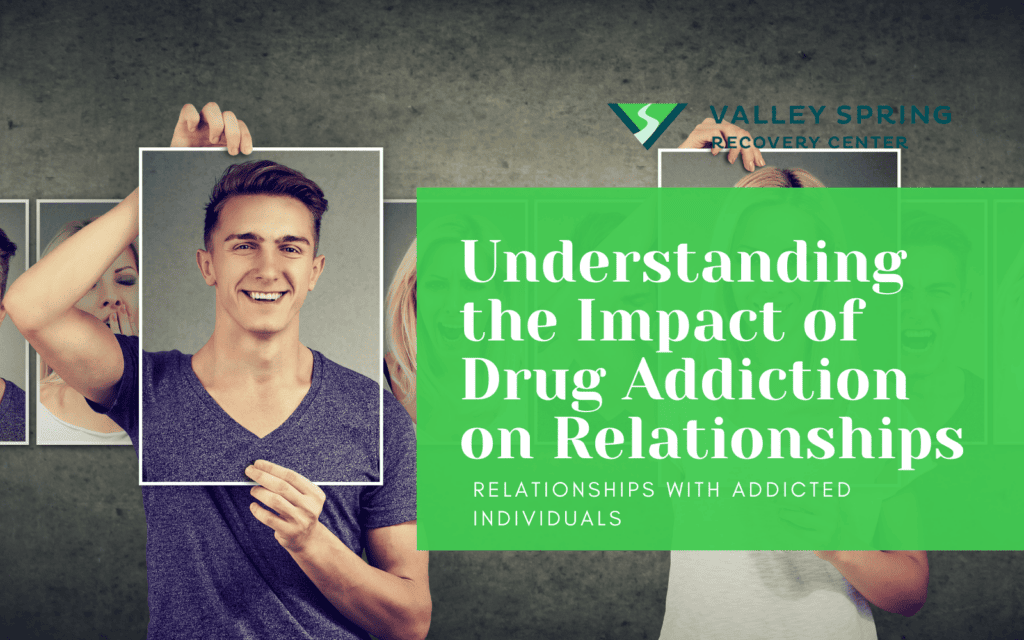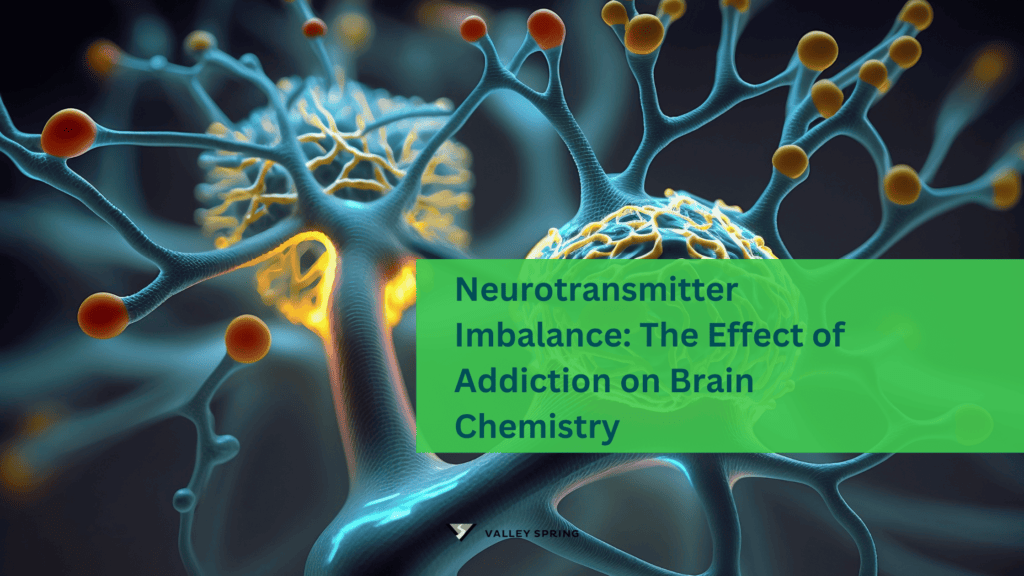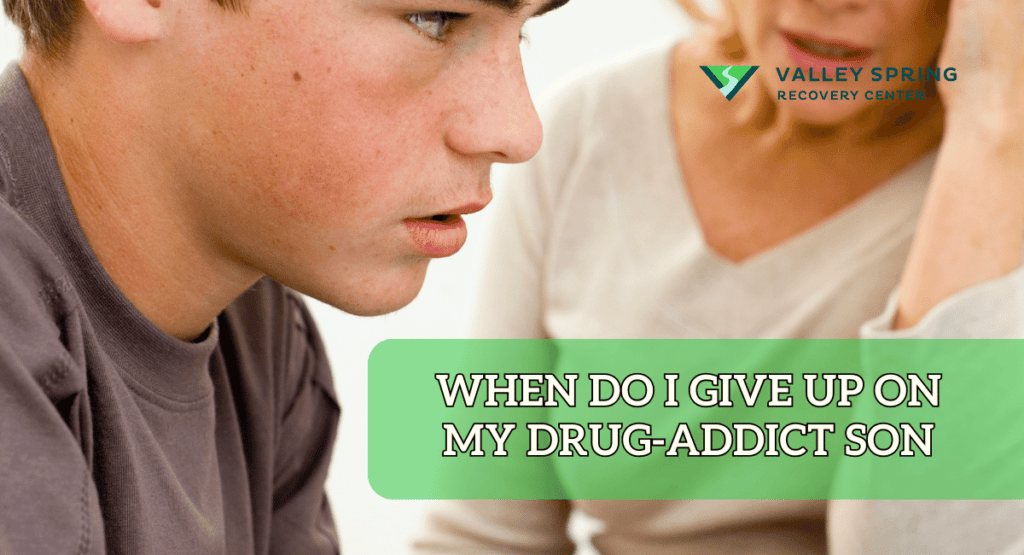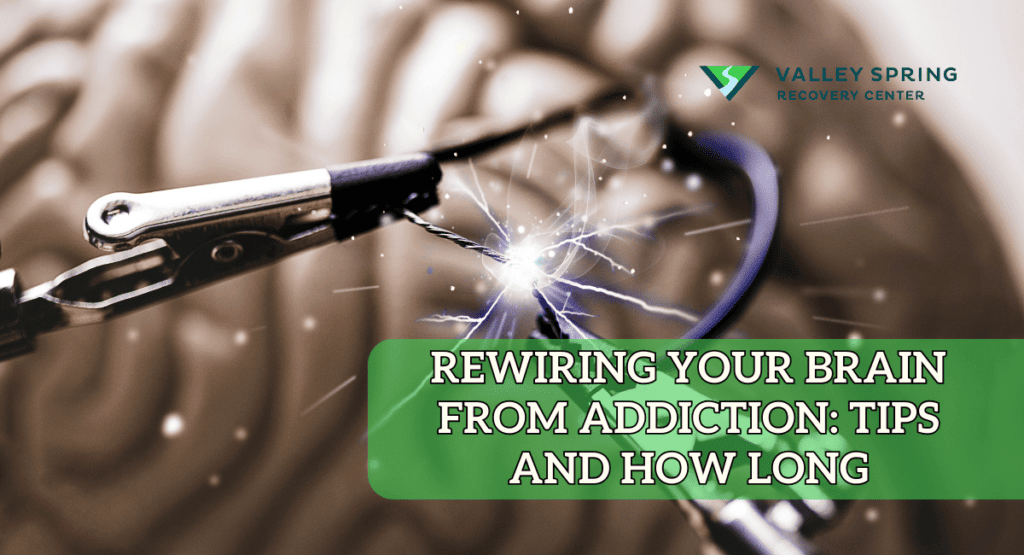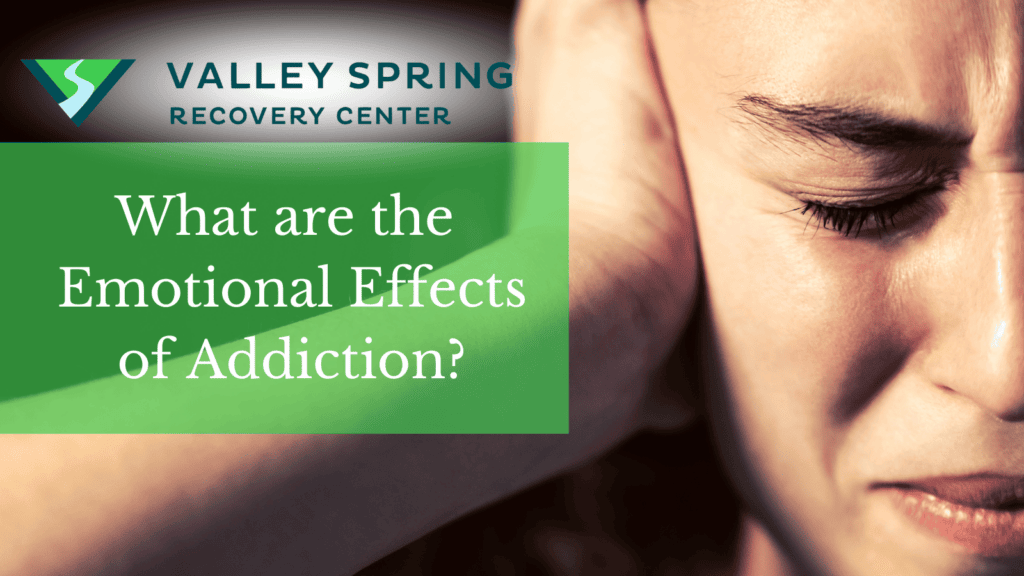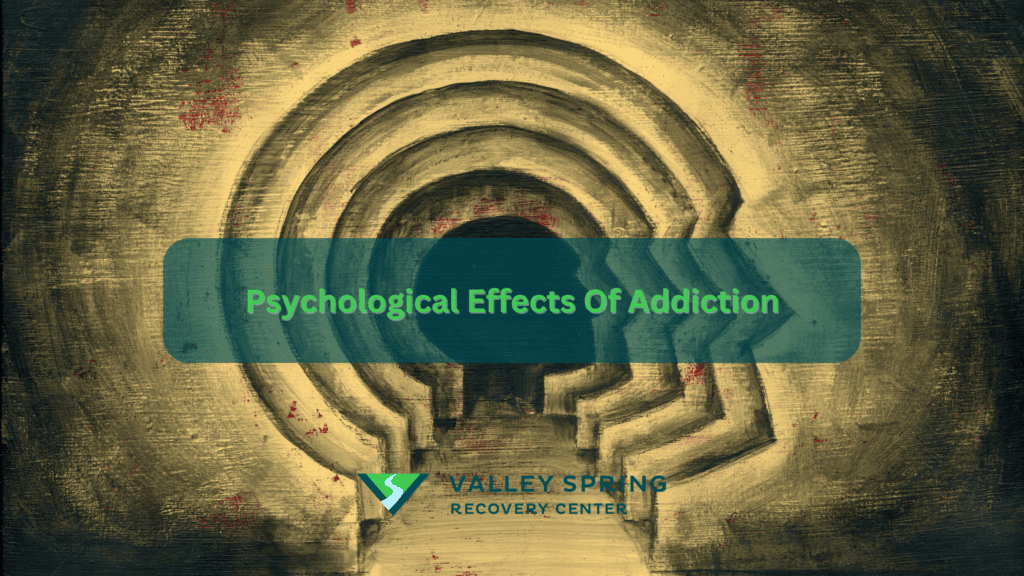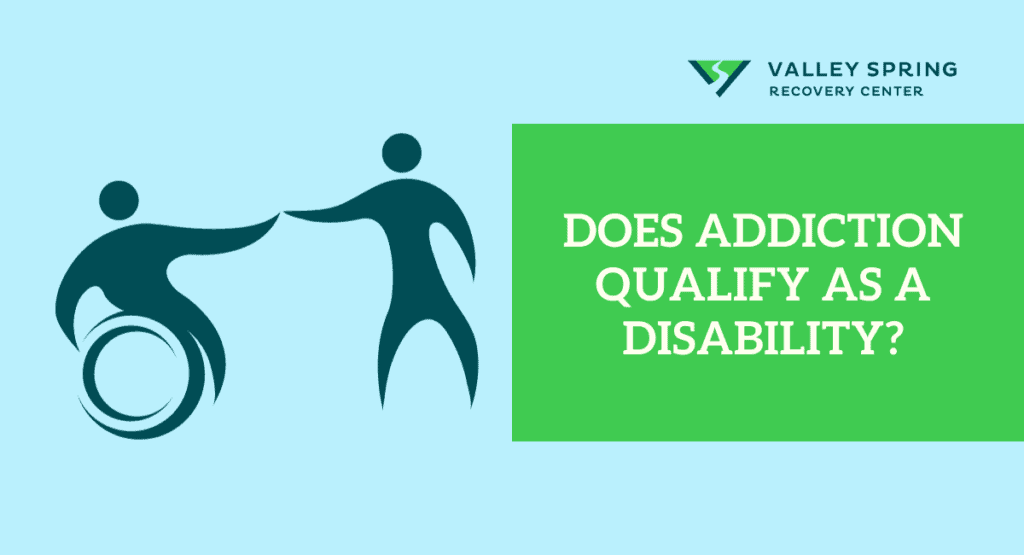Drug addiction, a complex and multifaceted issue, significantly disrupts the lives of not just the individuals battling with it, but also those around them. According to the National Institute on Drug Abuse, substance abuse costs American society over $600 billion annually, underscoring its extensive socio-economic impact. This introduction addresses the varied and profound ways in which drug addiction affects different relationships.
Drug addiction has a profound effect on individuals and extends its impact to their relationships, affecting family dynamics, community interactions, workplace relationships, and healthcare engagements, leading to strained connections and increased burdens in all facets of their social and professional environments.
Dr Michael Olla
Each group faces unique challenges and emotional burdens, necessitating distinct support strategies. The impact extends into social and professional circles, reshaping relationships with friends, coworkers, classmates, and even employers. In broader societal terms, communities, healthcare providers, and law enforcement are also deeply affected, highlighting the need for a comprehensive approach to addiction treatment and support systems.
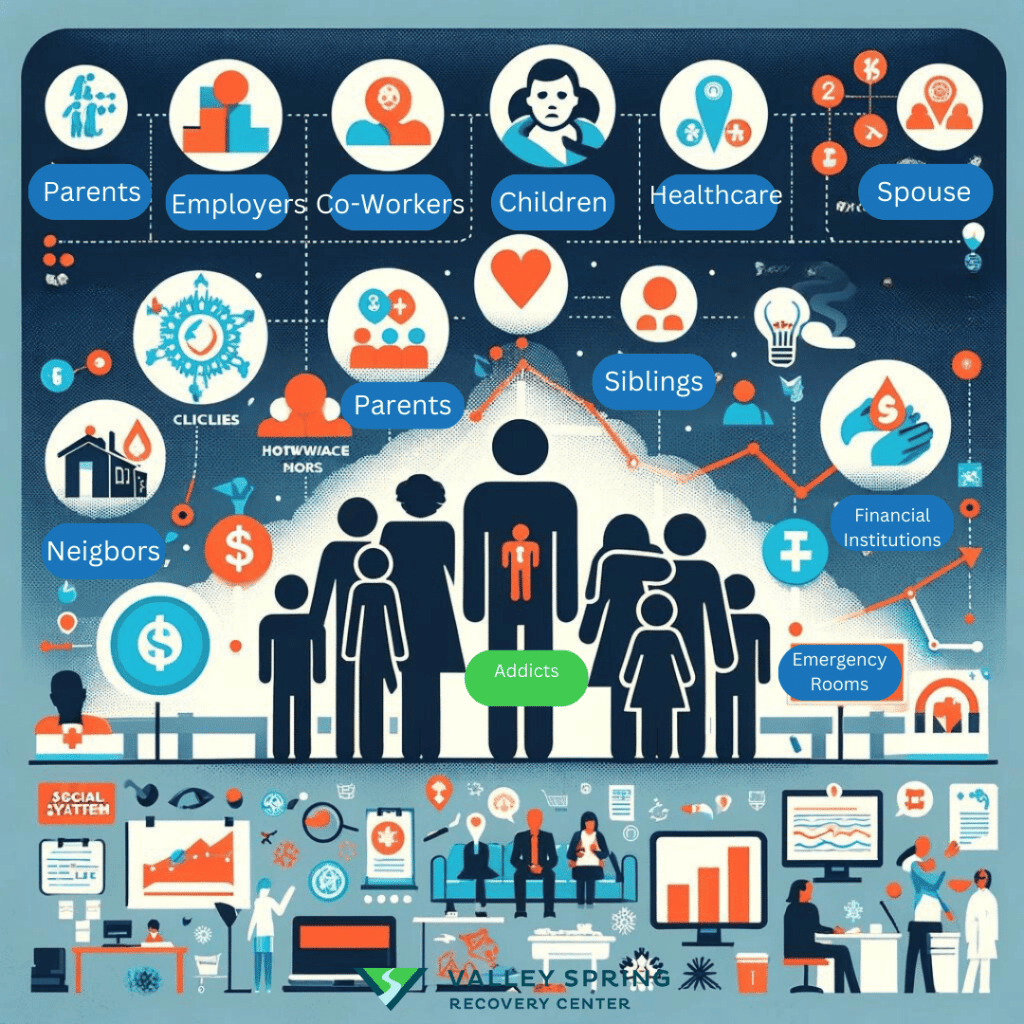
What effect does addiction have on family members?
Addiction profoundly impacts family members by straining spousal relationships through emotional turmoil and trust issues, causing children to suffer in unstable environments, deeply distressing parents with guilt and financial burdens, and placing siblings in conflicted roles of resentment and responsibility.
1. Effects On Spouses and Partners
The effects of addiction on spouses and partners are profound and complex, often placing immense strain on the relationship. According to the American Association for Marriage and Family Therapy, addiction frequently introduces a dynamic where the non-addicted partner oscillates between the roles of caretaker, enforcer, and victim. This can lead to a range of intense emotions, including confusion, betrayal, fear, and anger, which are common in relationships disrupted by substance abuse (AAMFT, 2021).
Communication often becomes strained as trust erodes, leading to further emotional and physical distance between partners. The Substance Abuse and Mental Health Services Administration (SAMHSA) notes that these issues can overshadow critical aspects of the relationship such as financial stability, parenting responsibilities, and mutual support, thereby dominating and destabilizing the family structure (SAMHSA, 2020).
Moreover, the non-addicted spouse may experience emotional burnout from the constant stress and unpredictability of their partner’s behavior, which can lead to physical health issues such as chronic stress and anxiety. Research published in the Journal of Substance Abuse Treatment finds that spouses of people with substance use disorders often report higher levels of emotional distress and lower levels of overall life satisfaction (Jones, Peveler, Hope, & Fairburn, 2010).
The compounded effect of these stressors can be emotionally taxing and can disrupt the foundational support system of the relationship, making it challenging for couples to recover without professional help. Therapeutic interventions, such as couples counseling and support groups, are often essential for recovery and maintaining the relationship.
2. Effect on Children
The impact of drug addiction on children is deep and varied, deeply influenced by their age, the severity of the parent’s addiction, and the overall family dynamics. Research indicates that young children in such environments often face neglect or abuse, which can lead to significant long-term emotional and psychological damage (Child Welfare Information Gateway, 2019). Adolescents, on the other hand, may be forced into adult roles prematurely, taking on the care of younger siblings or even the addicted parent themselves, a situation that can severely impact their social development and educational achievements (Journal of Adolescent Health, 2021).
The unpredictable behavior of an addicted parent can instill a chronic sense of insecurity and anxiety in children, affecting their ability to form healthy relationships and interact socially. According to a study published in the American Journal of Orthopsychiatry, children from substance-involved families exhibit higher levels of emotional distress and social withdrawal, which often persist into adulthood (American Journal of Orthopsychiatry, 2018).
These varied experiences underscore the profound and lasting effect substance use disorder has on children, highlighting the need for targeted interventions that support not only the individual with the addiction but also the younger family members who are impacted.
3. Effect On Parents
For parents, coping with a child’s drug addiction is an excruciatingly painful and perplexing ordeal. The psychological toll is heavy, with prevalent feelings of guilt, shame, and self-blame as parents grapple with their possible contributions to their child’s addiction path. Studies in the Journal of Substance Abuse Treatment reveal that such emotional turmoil can lead to severe mental health issues for parents, including chronic stress and anxiety, which often manifest as sleep disturbances and physical health problems (Journal of Substance Abuse Treatment, 2017).
The financial implications are also significant. According to the National Institute on Drug Abuse, the costs associated with addiction treatment and legal troubles can place a substantial burden on family finances, creating additional stress and hardship (National Institute on Drug Abuse, 2019). Balancing the act of support without enabling is another critical challenge that parents face. Providing love and maintaining necessary boundaries demands a nuanced approach, often necessitating guidance through family therapy or support groups to navigate effectively.
Addiction effect on parents underscores the need for comprehensive family-oriented intervention strategies that address not only the individual’s addiction but also the broader family dynamics affected by the addiction. This holistic approach can help ensure that families are supported as they work through the emotional, financial, and practical challenges of addiction.
4. Effect on Siblings
Siblings of individuals struggling with drug addiction frequently endure a complex array of emotions and challenges. They often experience feelings of resentment, jealousy, anger, and concern due to the disproportionate amount of attention and resources directed towards the addicted sibling. This disparity can foster feelings of neglect and isolation, diminishing the quality of the relationship they once shared. Additionally, siblings may feel compelled to conceal the family’s struggles from outsiders, adding a significant emotional burden. On the flip side, some siblings may adopt a supportive role, prioritizing the needs of their struggling sibling over their own, which can lead to personal sacrifices and affect their well-being. This dynamic underscores the need for family-focused support systems that address the emotional and psychological needs of all family members impacted by addiction.
What Is The Effects Of Addiction on Social Circles?
Addiction significantly strains relationships across social and professional circles, leading to deteriorated trust and communication with friends, increased workplace burden and safety concerns among coworkers and disrupted academic environments for classmates.
| Relationship Type | Impact of Addiction |
|---|---|
| Friends | Strain from behavior changes, loss of trust, potential end of friendships. |
| Coworkers | Increased workload, stress, safety concerns, need for compensation for decreased productivity. |
| Classmates | Decline in academic performance, distraction in educational settings, potential exposure to drugs. |
1. Effects On Friends
Friendships can undergo significant strain in the face of drug addiction. Friends of addicts often find themselves in a difficult position, torn between offering support and protecting their own well-being. They may witness dramatic changes in the addict’s behavior, including dishonesty, unreliability, or withdrawal from social interactions, which can lead to a breakdown in trust and communication. Friends of the addicted person may also struggle with feelings of helplessness, frustration, or guilt for being unable to help their friend effectively. In some cases, the addiction may even lead to the end of the friendship, as friends distance themselves to avoid being pulled into a destructive cycle.
2. Effects On Coworkers
Drug addiction can significantly impact the workplace environment. Coworkers may have to compensate for the decreased productivity and reliability of the addicted individual, potentially leading to increased stress and resentment. Employers face challenges in balancing the need to support an employee struggling with addiction while maintaining a safe and productive workplace. There may be concerns about safety, especially in jobs requiring high levels of concentration and precision. Employers need to navigate the complexities of offering support, such as providing access to rehabilitation programs, while also upholding workplace policies and legal obligations.
4. Effects On Classmates
In academic settings, classmates of drug-addicted individuals often witness the direct impacts of addiction on education and social interactions. Classmates may observe a decline in the addicted individual’s academic performance, attendance, or participation in school activities. This situation can create an atmosphere of uncertainty and distraction within the classroom. Additionally, classmates may feel uncertain about how to interact with the addicted individual, whether to offer help or to maintain distance. In some cases, the addiction may also expose other students to drugs, creating a broader issue within the educational institution.
What Is The Broader Societal Impact Of Addiction?
Addiction significantly affects broader societal structures, impacting community safety and well-being, straining healthcare and legal systems with increased demand for acute and rehabilitative services, and imposing substantial economic burdens on employers through lost productivity and heightened healthcare costs.
1. Neighbors and Community Members
The effects of drug addiction often ripple out into the broader community, impacting neighbors and other community members. In neighborhoods where drug addiction is prevalent, there can be an increase in crime, safety concerns, and a general decline in community well-being. Neighbors may feel a mix of concern, fear, and frustration, witnessing the effects of addiction on their community’s fabric. Community members are also crucial in forming support networks and initiating community-based rehabilitation programs, playing an active role in addressing and mitigating the impacts of addiction.
2. Healthcare Providers
Healthcare providers face unique challenges when dealing with drug addiction. This includes managing the immediate health concerns related to addiction, such as overdoses or infections from drug use, and addressing the long-term health consequences. Healthcare professionals must balance empathy and clinical detachment, often working in strained environments with limited resources. They also play a critical role in the recovery process, offering treatment and support, and are essential in providing education about addiction and its effects.
3. Law Enforcement and Legal System
The relationship between drug addiction and the legal system is complex. Law enforcement officers frequently encounter individuals with drug addiction, which can range from dealing with minor offenses to serious drug-related crimes. The legal system often faces the challenge of balancing punitive measures with the need for rehabilitation. This dynamic can strain resources and raise questions about the most effective ways to address addiction-related crimes. There is a growing recognition of the need for legal reforms and the integration of rehabilitation and recovery programs within the criminal justice system.
4. Effects On Employers and Companies
The effects of addiction on employers are substantial, with significant economic impacts on the workplace including decreased productivity, increased absenteeism, and higher healthcare costs. According to the National Drug-Free Workplace Alliance, substance abuse costs U.S. employers an estimated $81 billion annually due to these factors. Employers also face challenges related to workplace safety, particularly if the addiction involves substance use that could impair judgment or motor skills, leading to accidents or injuries. Furthermore, addiction can strain team dynamics as coworkers may need to compensate for the decreased capacity of the affected employee, which can lead to increased stress and decreased morale among the staff. Therefore, employers must implement robust support systems and policies to address addiction, including access to employee assistance programs and resources for substance abuse treatment.
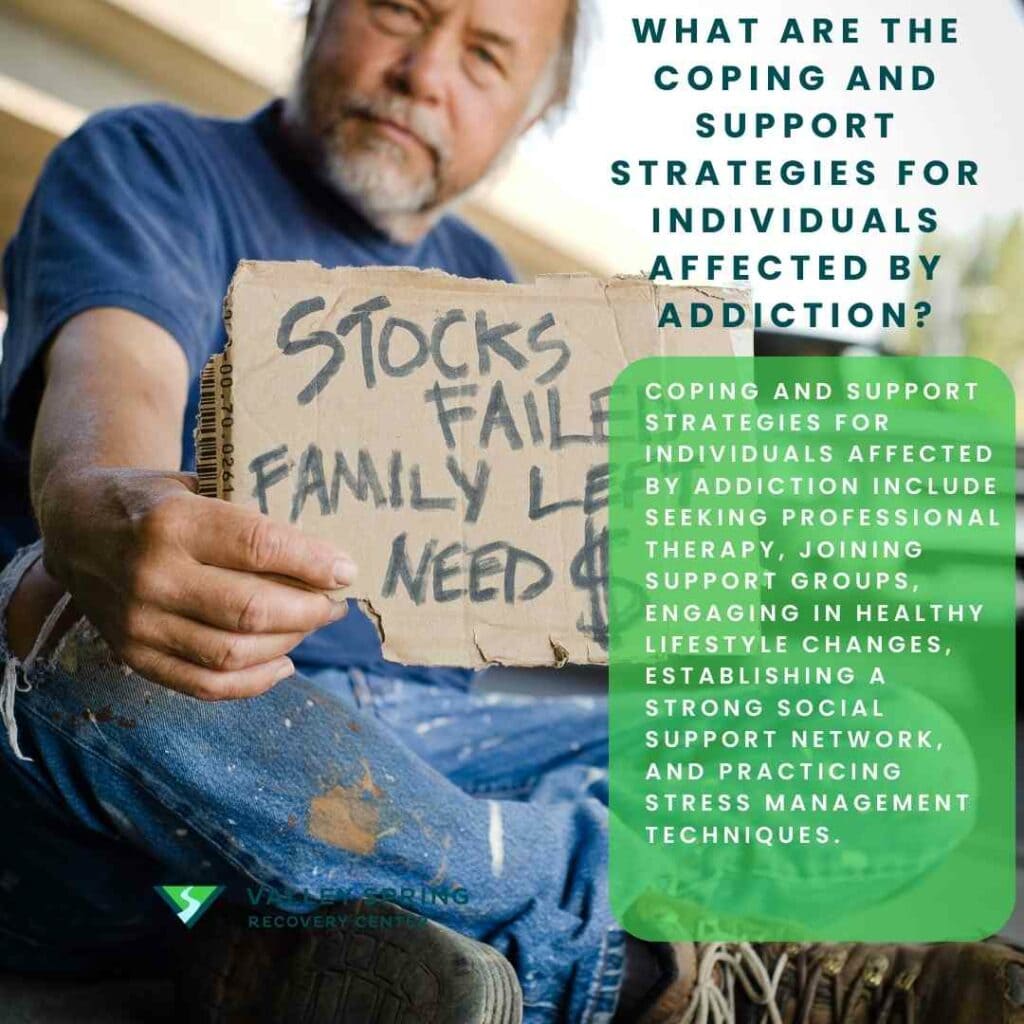
What Are The Coping and Support Strategies For Individuals Affected By Addiction?
Navigating the complex landscape of drug addiction requires a multifaceted approach, both for those directly affected and for those in their support networks. Understanding and employing effective coping and support strategies is crucial for managing the impact of addiction.
- Educational Resources: Gaining knowledge about addiction, its causes, and effects helps in developing empathy and a better understanding of what the addict is going through.
- Professional Help: Seeking guidance from counselors, therapists, or addiction specialists can provide much-needed support and direction for both the addict and those affected.
- Support Groups: Participating in support groups like Al-Anon or Nar-Anon offers a community of individuals facing similar challenges, allowing for the sharing of experiences and coping strategies.
- Setting Boundaries: It’s vital for those affected by another’s addiction to set and maintain healthy boundaries to protect their own mental and emotional well-being.
- Self-Care: Engaging in self-care practices is essential. This includes maintaining a healthy lifestyle, pursuing hobbies, and ensuring personal mental and emotional health.
- Open Communication: Encouraging open and honest communication within affected relationships can foster understanding and support.
How can I support a sibling struggling with drug addiction?
Supporting a family member with drug addiction involves a balance of empathy, firm boundaries, and self-care. Start by educating yourself about addiction to understand what they’re going through. Encourage them to seek professional help while also attending support groups like Al-Anon for your own well-being. It’s important to communicate openly with your sibling about their drug use but also to set clear boundaries to protect your mental and emotional health.
What are the signs that a coworker might be struggling with addiction?
Signs of addiction in a coworker can include frequent absences, decline in work performance, changes in behavior, and physical signs such as weight loss or unexplained injuries. If you notice the signs of addiction in a co-worker, it’s important to approach the situation with sensitivity and direct them to professional resources.
How does drug addiction affect a child’s development?
Drug addiction in a family can significantly impact a child’s emotional and psychological development. It can lead to insecurity, anxiety, and behavioral issues. Children of drug-addicted parents may also take on adult responsibilities prematurely.
Can a relationship survive drug addiction?
Yes, a relationship can survive drug addiction, but it requires commitment, communication, and professional help. Both partners must be willing to work on the relationship and address the underlying issues of the addiction. Couples counseling and support groups can be beneficial if one spouse is addicted to drugs.
What legal issues can arise from drug addiction?
Legal issues stemming from drug addiction can range from possession and use of illegal substances to more serious crimes. Legal complications can also arise from behaviors related to obtaining drugs.
How can schools support students affected by drug addiction?
Schools can support students affected by drug addiction by providing counseling services, educational programs about substance abuse, and a supportive environment. It’s also important for schools to have protocols in place for addressing drug use on campus.
What role do neighbors play in helping someone with drug addiction?
Neighbors can play a supportive role by being vigilant, offering assistance, and fostering a supportive community environment. They can also help by participating in or initiating community-based rehabilitation programs. For more details, visit our page on Community Involvement in Addiction Recovery.
How does drug addiction impact mental health?
Drug addiction can exacerbate existing mental health issues or lead to the development of new mental health conditions, such as anxiety, depression, or psychosis. The interplay between addiction and mental health is complex, requiring integrated treatment approaches.
Are there effective ways for employers to deal with addiction in the workplace?
Employers can effectively deal with addiction in the workplace by implementing clear policies, providing access to support and treatment programs, and fostering an environment of understanding and support. Training for management on handling addiction issues is also crucial.
What support is available for healthcare providers dealing with addiction cases?
Healthcare providers dealing with addiction cases can seek support through professional networks, continuing education on addiction treatment, and self-care practices to prevent burnout. Hospitals and clinics can also offer resources and support systems for their staff. For more on this, see Support for Healthcare Providers Handling Addiction.
Ben Fisher
All author postsShare This Post

